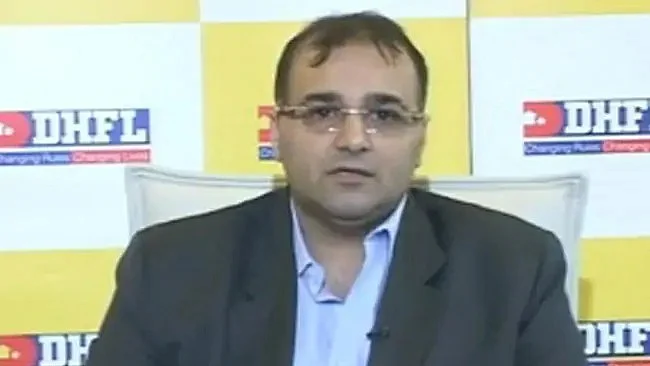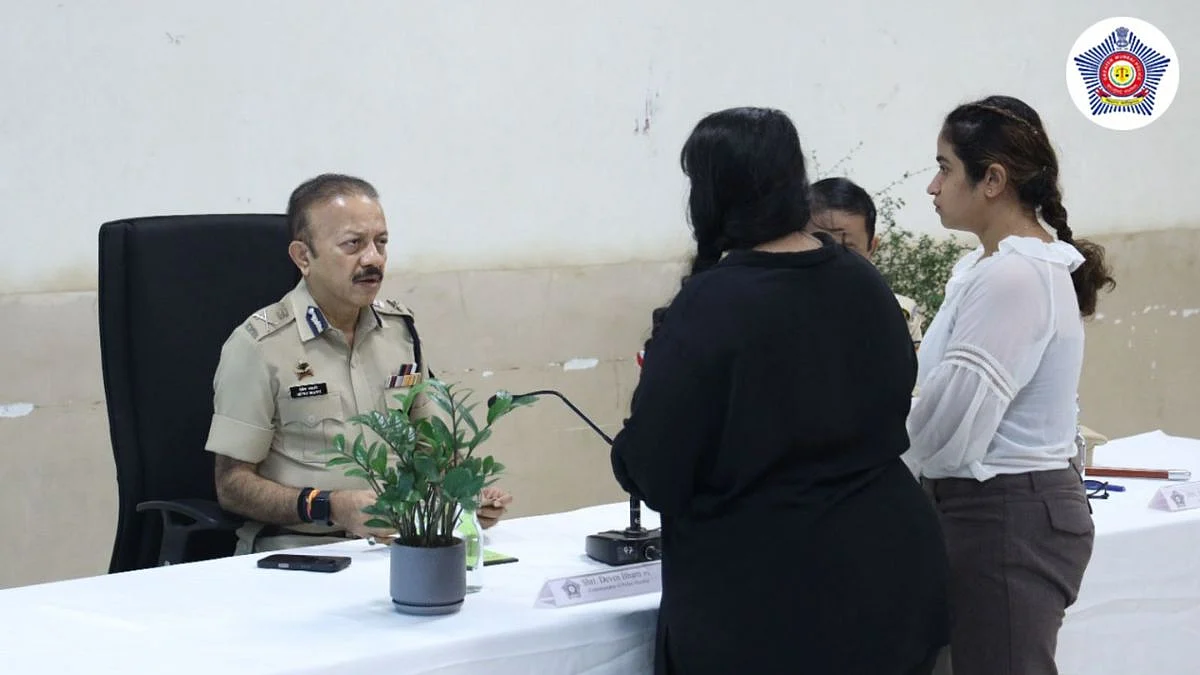Mumbai: The Bombay High Court has said it cannot oversee the operation of the Chief Minister’s Relief Fund (CMRF) but expressed hope that the funds are utilised strictly in line with their intended objectives without any deviation.
HC Disposes of PIL Alleging CMRF Misuse
A bench of Chief Justice Alok Aradhe and Justice Sandeep Marne, on July 31, disposed of a public interest litigation (PIL) filed by city-based NGO ‘Public Concern for Governance Trust’. The PIL alleged misuse of the fund and sought court intervention to ensure it is used solely to aid victims of natural calamities and disasters, as originally intended.
Court Trusts Funds Will Be Used for Intended Purposes
“We cannot monitor the operation of the CMRF. We, however, hope and trust that the contributions made to the CMRF are utilised strictly for the objectives and purpose for which the fund is operated and that there is no deviation in any case,” the court said.
The PIL also requested the court to appoint an independent committee to supervise fund disbursement and sought a special audit of its accounts. It claimed the CMRF was being misused by successive governments for activities unrelated to disaster relief — such as constructing cultural halls, sponsoring sports teams, and granting loans to political, cultural, and social organisations.
Government Clarifies Expanded Scope of Fund Since 2001
In response, the state government clarified that while the fund was initially meant for disaster relief, its scope had been officially expanded in November 2001 to include other forms of assistance, such as promoting cultural and sporting activities. It maintained that this expansion was a policy decision, not a deviation from the law.
Court Finds No Legal Breach in Expanded Usage
“The petitioner cannot insist that the CMRF must be operated for the original purpose alone,” the court noted, adding that “there is no legal prohibition on widening the objectives of the fund.”
The bench also dismissed allegations of lack of transparency, pointing out that CMRF accounts are audited and income tax returns are filed regularly. Additionally, it said the fund's transactions are accessible under the Right to Information Act, allowing any citizen to seek information.

The court concluded that the functioning and scope of the fund lie within the policy discretion of the state government and refused to interfere further.







